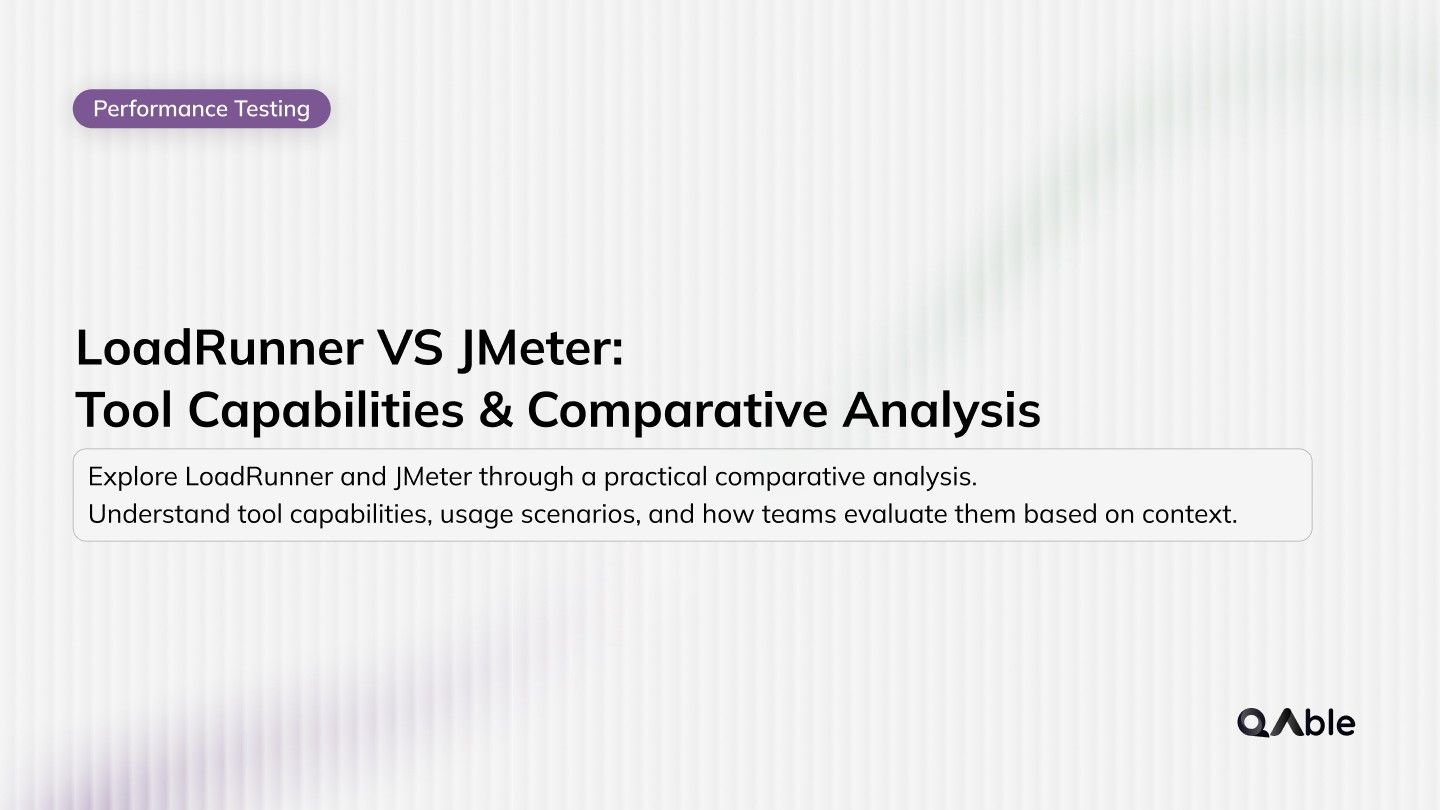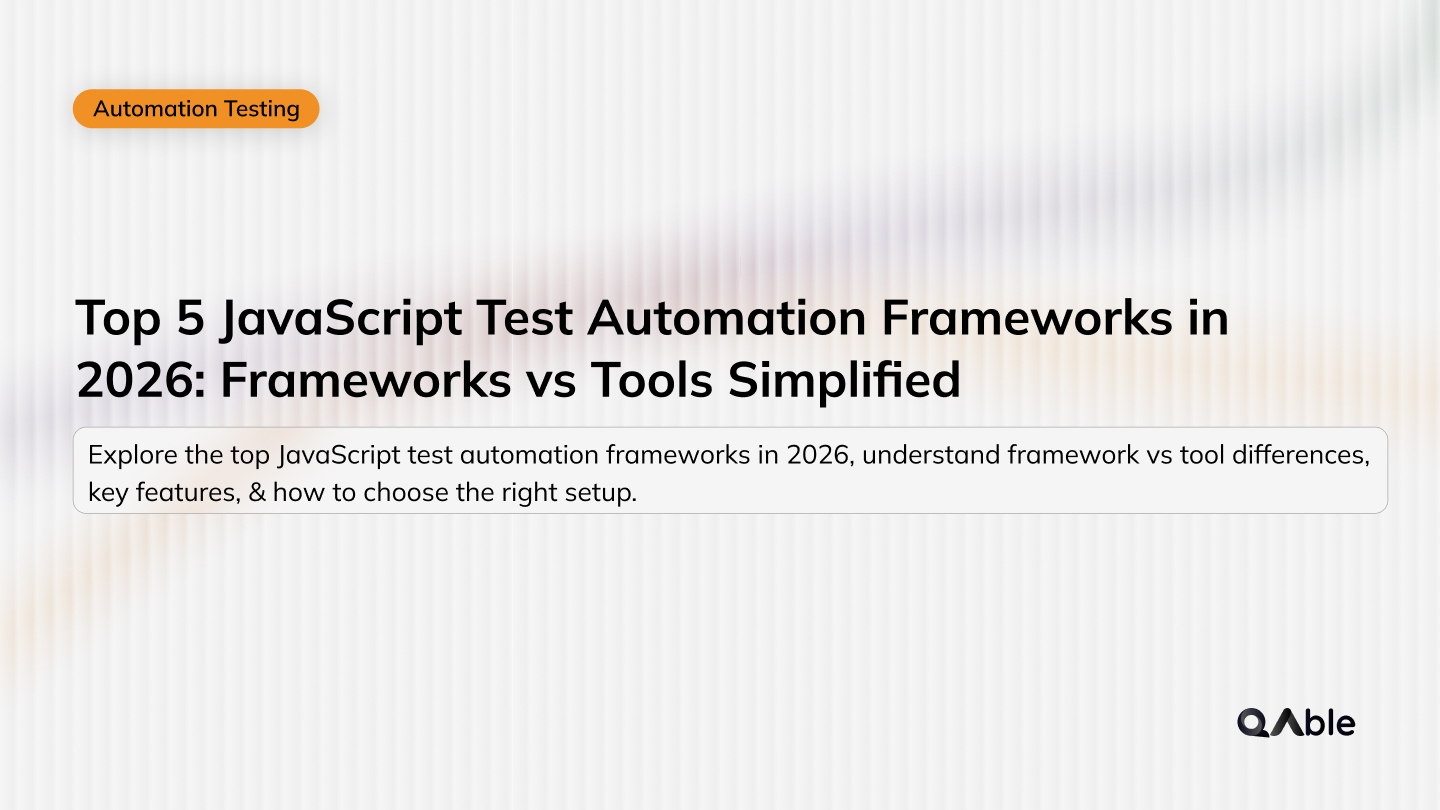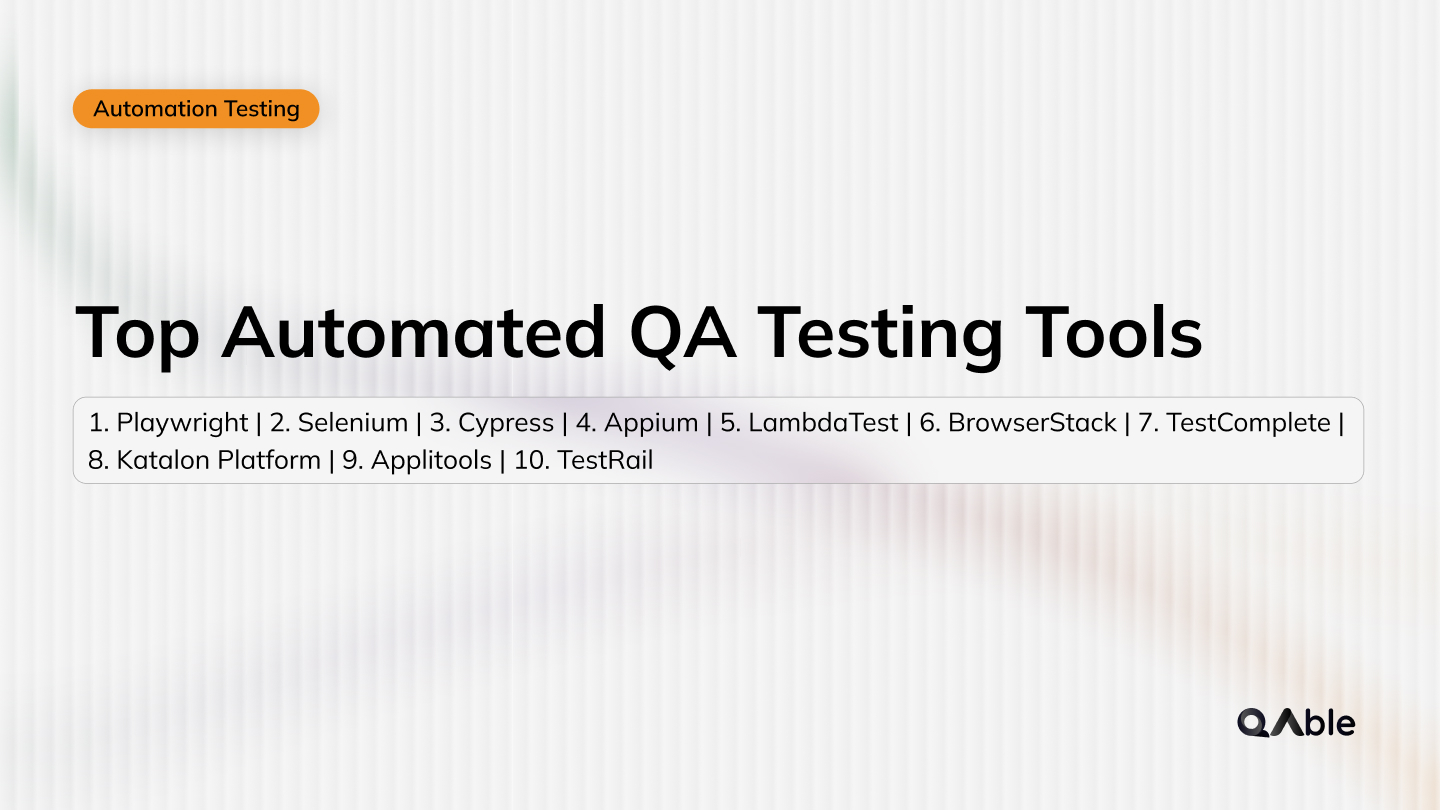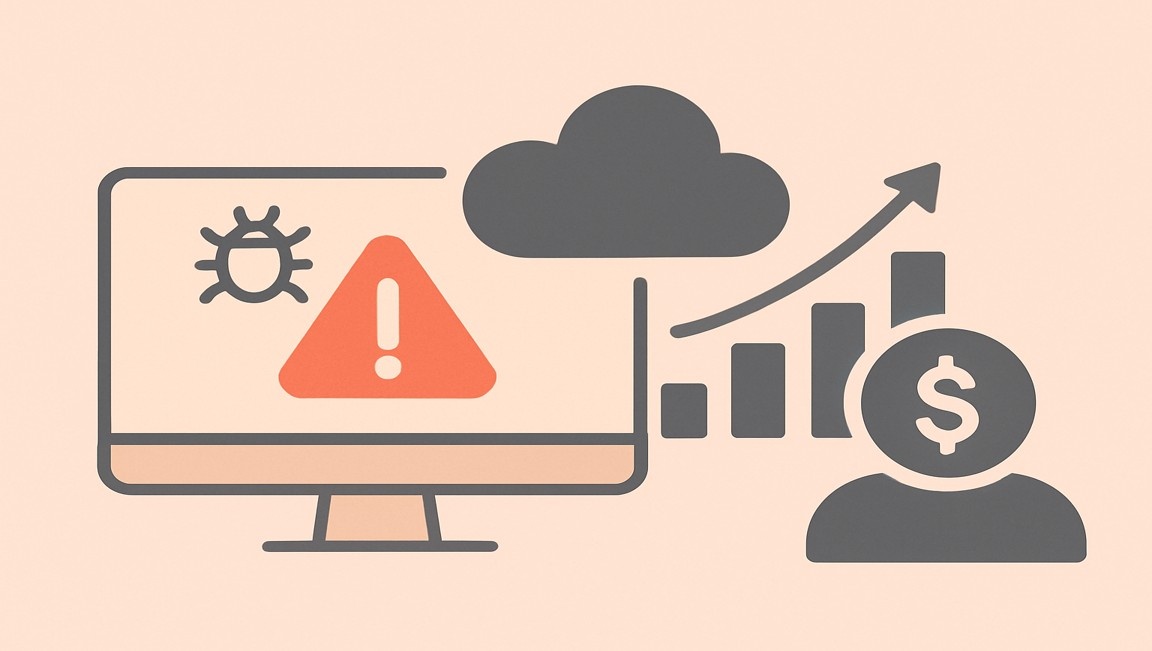Table of content
SHARE THIS ARTICLE
Is this blog hitting the mark?
Contact Us
Table of Content
- What is PTaaS?
- Why is PTaaS beneficial for your business?
- How to choose the best PTaaS provider for your needs?
- Summing up
- FAQs
Penetration testing, also known as ethical hacking, is the process of simulating cyberattacks on a system or network to identify and exploit vulnerabilities. It is a crucial component of quality assurance, as it helps to ensure the security and reliability of your software products and services.
However, penetration testing can be challenging, time-consuming, and costly, especially for small and medium-sized businesses. That’s why many companies are turning to Penetration Testing as a Service (PTaaS), a cloud-based solution that offers on-demand, scalable, and affordable penetration testing.
In this blog post, We will explain what PTaaS is, how it works, and why it is beneficial for your business. We will also share some tips on how to choose the best PTaaS provider for your needs and how to get started with PTaaS.
What is PTaaS?
PTaaS is a service model that delivers penetration testing as a cloud-based service. It allows you to access a pool of qualified and experienced penetration testers, who can perform various types of tests on your systems and networks, such as:
- Web application testing: This involves testing the security of your web applications, such as websites, APIs, and mobile apps, against common threats, such as SQL injection, cross-site scripting, and broken authentication.
- Network testing: This involves testing the security of your network infrastructure, such as routers, firewalls, and servers, against common threats, such as denial-of-service, man-in-the-middle, and brute-force attacks.
- Wireless testing: This involves testing the security of your wireless networks, such as Wi-Fi, Bluetooth, and NFC, against common threats, such as rogue access points, weak encryption, and unauthorized connections.
- Social engineering testing: This involves testing the security of your human resources, such as employees, customers, and partners, against common threats, such as phishing, vishing, and baiting.
PTaaS providers use various tools and techniques to conduct these tests, such as automated scanners, manual tools, and custom scripts. They also use a secure and transparent platform to communicate with you, share the test results, and provide recommendations for improvement.
Why is PTaaS beneficial for your business?
PTaaS offers many benefits for your business, such as:
- Cost-effectiveness: PTaaS allows you to save money on hiring, training, and maintaining an in-house penetration testing team, or outsourcing to a traditional penetration testing company. You only pay for what you use, and you can scale up or down as needed.
- Flexibility: PTaaS allows you to choose the type, frequency, and duration of the tests, according to your needs and preferences. You can also customize the tests to suit your specific requirements and expectations.
- Quality: PTaaS allows you to access a pool of qualified and experienced penetration testers, who have the skills, knowledge, and tools to perform high-quality tests. You can also expect consistent and reliable results, as the tests are conducted according to the best practices and industry standards.
- Security: PTaaS allows you to improve the security and reliability of your software products and services, by identifying and fixing the vulnerabilities before they are exploited by malicious actors. You can also enhance your reputation and trust among your customers, partners, and stakeholders, by demonstrating your commitment to security and quality.
- Compliance: PTaaS allows you to comply with the relevant laws, regulations, and standards, such as GDPR, PCI DSS, ISO 27001, and NIST, by ensuring that your systems and networks meet the security requirements and expectations.
Also read: How to perform security testing in software testing?
How to choose the best PTaaS provider for your needs?
PTaaS is a growing and competitive market, with many providers offering different features, prices, and quality levels. Therefore, it is important to do your research and compare the options before choosing the best PTaaS provider for your needs. Here are some factors to consider when choosing a PTaaS provider:
- Reputation: Check the reputation and credibility of the PTaaS provider, by looking at their website, portfolio, testimonials, reviews, and ratings. You can also ask for references and case studies from their previous or existing clients, to see how they performed and delivered.
- Experience: Check the experience and expertise of the PTaaS provider, by looking at their qualifications, certifications, awards, and achievements. You can also ask for the resumes and profiles of the penetration testers who will work on your project, to see their skills, knowledge, and tools.
- Service: Check the service and support of the PTaaS provider, by looking at their platform, communication, and collaboration. You can also ask for a free trial or a demo, to test the service and see how it works and feels.
- Price: Check the price and value of the PTaaS provider, by looking at their plans, packages, and discounts. You can also ask for a quote or an estimate, to see how much they charge and what they include.
Also read: Outsourcing software testing can offer you many benefits
Summing up
Penetration testing is a vital part of quality assurance, as it helps to ensure the security and reliability of your software products and services. However, penetration testing can be challenging, time-consuming, and costly, especially for small and medium-sized businesses.
That’s why PTaaS is a great solution, as it offers on-demand, scalable, and affordable penetration testing, delivered by qualified and experienced penetration testers, via a secure and transparent platform.
If you are interested in PTaaS, and want to improve the quality and security of your software products and services, contact us and get started with our PTaaS service. We are India’s leading security testing company, and we have the expertise, experience, and tools to help you achieve your quality and security goals.
Discover More About QA Services
sales@qable.ioDelve deeper into the world of quality assurance (QA) services tailored to your industry needs. Have questions? We're here to listen and provide expert insights


Nishil Patel is the Co-founder of QAble, delivering advanced test automation solutions with a focus on quality and speed. He specializes in modern frameworks like Playwright, Selenium, and Appium, helping teams accelerate testing and ensure flawless application performance.
.svg)














.webp)
.webp)
.png)
.png)











.png)



.png)

.png)

.png)






.jpg)













.webp)

